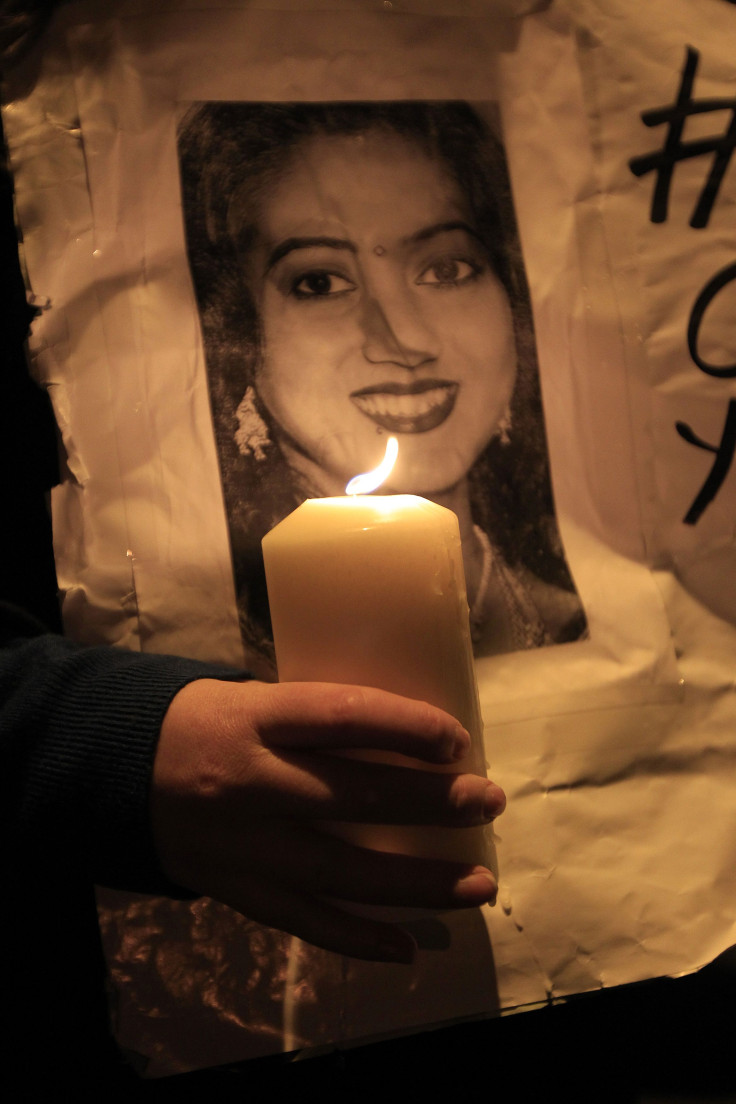After Death of Savita Halappanavar, Ireland Will Legalize Abortion

The government of Ireland announced that it would draft a series of new laws indicating just when an abortion would be legal in the country. It is unclear what the laws will entail, but sources say that they will allow abortion if the mother's life is at risk, which will include suicide.
The announcement comes weeks after the death of Savita Halappanavar. The 31-year-old dentist was 17 weeks pregnant when she began experiencing back pain and tests indicated that the fetus would not survive. Though she pleaded with doctors for an abortion, doctors refused because they could still hear a heartbeat and, according to reports, was told that the procedure was impossible because Ireland is a Catholic country. Halappanavar eventually miscarried, but it was too late for her; soon afterwards, she too died of septicacema. Her death is under investigation by both the federal government and the hospital itself.
In Ireland, abortion is banned by the country's Constitution. However, abortion is already allowed if the mother's life, though not health, is at stake, and has been for nearly two decades. That decision was handed down by the country's highest court allowing a 14-year-old girl to travel overseas to terminate her pregnancy after being raped and becoming suicidal. However, officials never proceeded with legislation and guidelines for doctors.
Any move on abortion will be controversial in the heavily Roman Catholic country. Ronan Mullen, an independent Irish senator, accused the government of "double think" and hypocrisy for condemning the Newtown school massacre but not standing up for the lives of unborn children.
Critics on the other side say that the law does not go far enough, as the legislation will likely not include exceptions for the health of the mother or for babies that will be unable to live outside the womb.
"While such steps are positive, they will do nothing at this stage to help the thousands of Irish women who travel abroad every year to end pregnancies they feel unable to continue with - including those women where serious problems have been detected with a much wanted pregnancy. We look forward to a time when Ireland no longer exports abortion to other countries which protect and value the ability of women to make decisions about their lives and their families," the British Pregnancy Advisory Service said in a statement.
Hearings will begin next month before the drafting of a bill.
Published by Medicaldaily.com



























